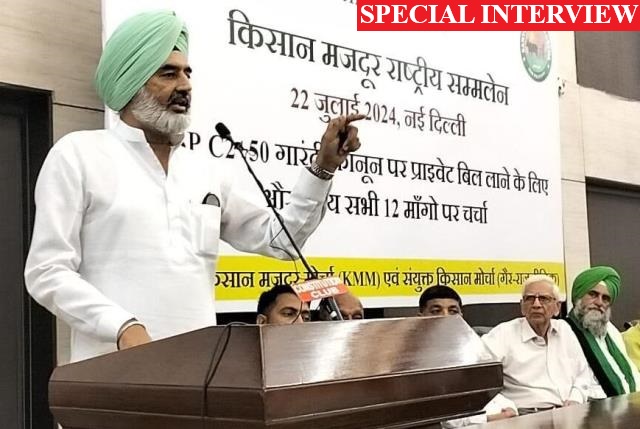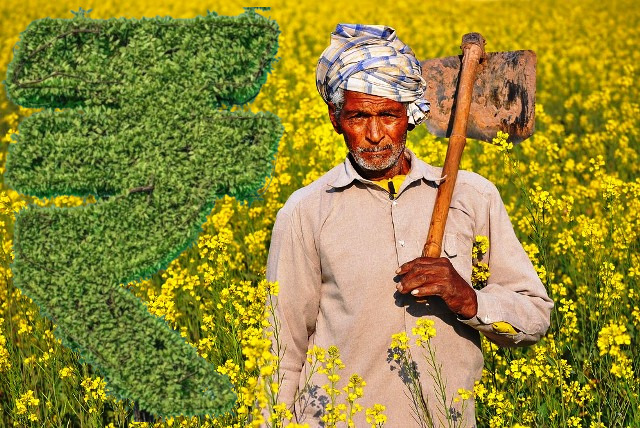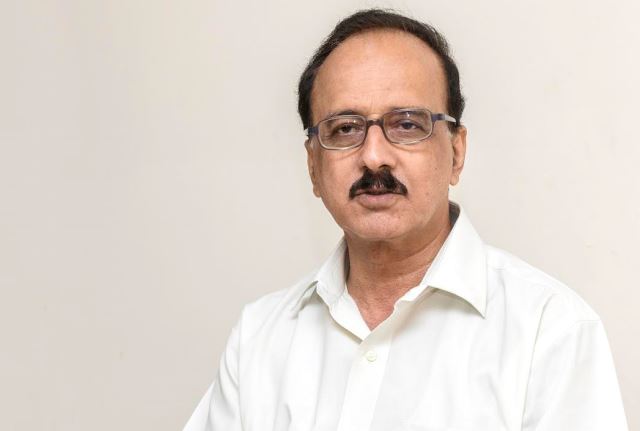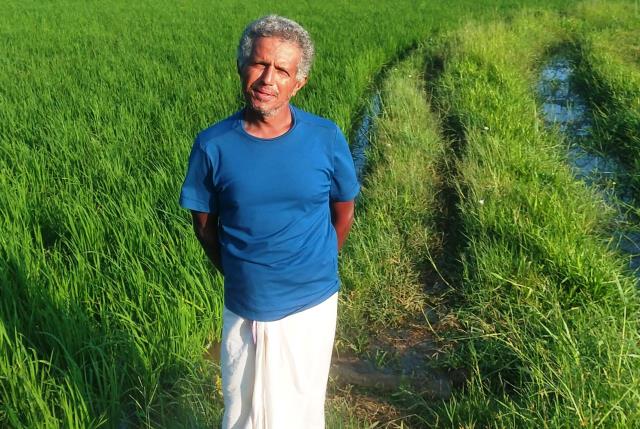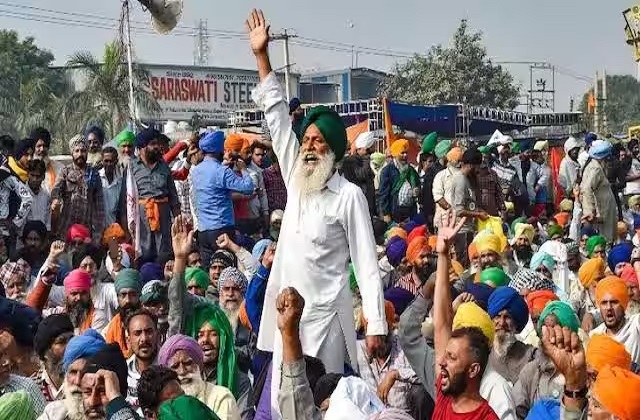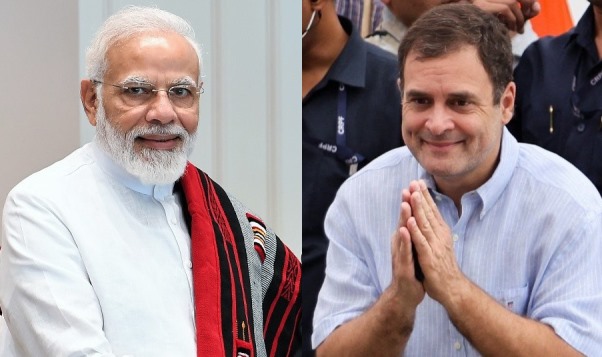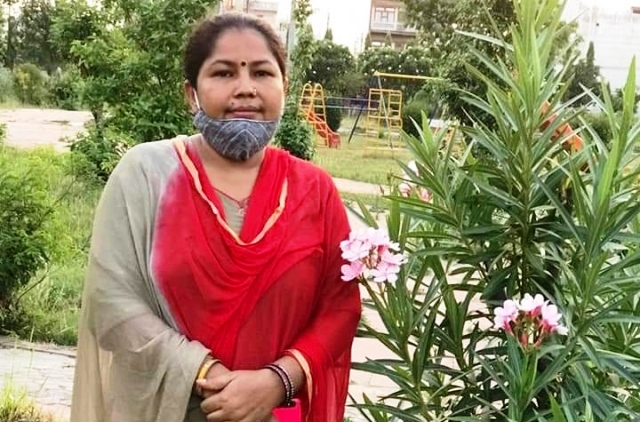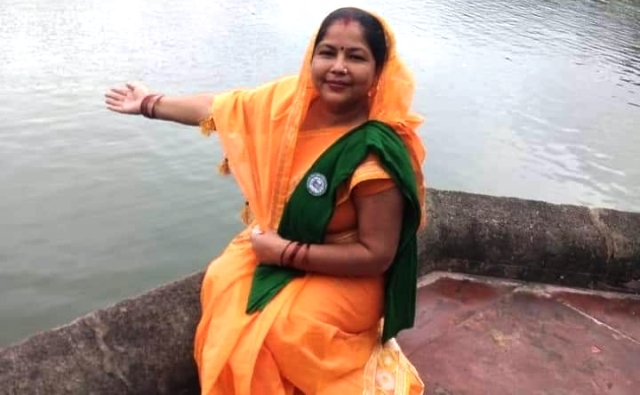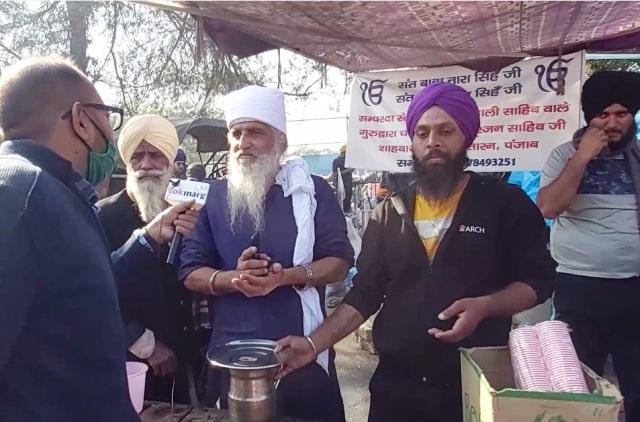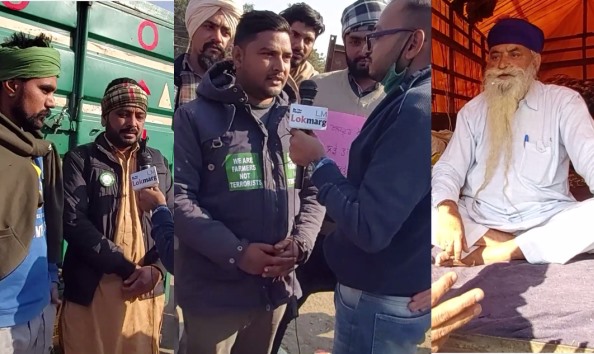Gurpreet Singh Sangha, a leader of the Kisan Mazdoor Morcha (KMM), remains resolute in the face of state repression and harsh weather condition. In an exclusive conversation with LokMarg, Mr Sangha spoke about how the protesters have been holding firm despite numerous challenges; how their confidence remains unshaken and; why they are fighting only for victory, not for compromise.
Q: Despite so many challenges, where do you and the other farmers find the motivation to continue this movement?
Gradually, every farmer, labourer, and indigenous person is realizing that this fight is not just about crop prices. Nor is it merely against the government. The common farmer now understands that the real battle is for the survival of the farmer community, land, and generations to come—beyond caste, religion, and region. This fight is actually against the corporate Leviathan. In this “David vs. Goliath” struggle, we draw inspiration from our own historical farmer movements and global agrarian struggles.
The public might not fully grasp this, but organized farmer unions and labour groups have understood that this fight is against the systematic dismantling of the rural economy—forcing displacement from villages and providing cheap labour to corporations.
History has shown that governments can suppress caste- and religion-based conflicts using the “divide and rule” strategy. But when it comes to class struggles, when an oppressed class rises in protest, governments have always lost. What is different this time is that every protester knows this struggle will be long and difficult.
The truth is that the farmer-labourer-indigenous struggle is now a continuous process, not a seasonal movement. While the previous protest was more farmer-centric, this time the demands of labourers and indigenous groups are officially included in our “Demand Charter.” The widespread support and geographical reach of the movement give us greater confidence in our victory.
Q: How has life at the protest sites changed over time and what are your biggest daily challenges?
All four seasons have passed. It has now been a full year since Farmers’ Protest 2.0 began.
Since we already experienced the difficulties of the first farmers’ protest, we were prepared for the hardships, obstacles, and challenges this time. The resources belong to the farmers themselves—each tractor-trailer and tent is stocked with food supplies, and the surrounding villages and gurudwaras provide immense support, ensuring an uninterrupted supply of milk, curd, and langar. So, no challenge has been unbearable.
However, one major challenge in Farmers’ Protest 2.0 is that our message is not reaching a wider audience. This time, the government has not only silenced mainstream media but has also cracked down on independent journalists and YouTubers. As a result, even though the country’s oldest and busiest highway, GT Road, has been blocked for a year and thousands of farmers are protesting at three major sites, most of the country is unaware of it. The only way to counter this information blockade is through “big money,” which the protesting farmer organizations simply do not have.
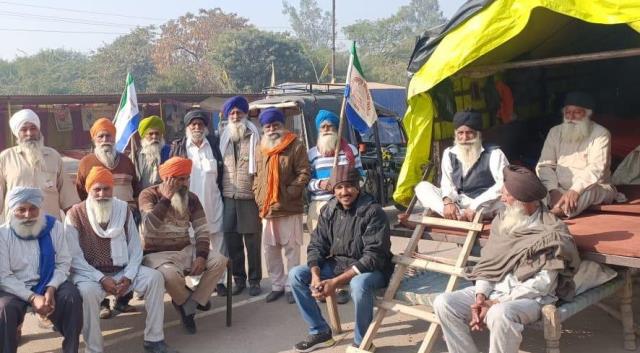
Another challenge—though not limited to farmers alone—is the judiciary. Previously, the courts turned a blind eye or remained indifferent to farmers’ suffering. Now, they are openly siding with the government. We have no hesitation in saying (even if it amounts to contempt of court) that the judiciary’s stance has been against the farmers this time, consistently ruling in favour of the government. If the judiciary had been independent, the government would have already been forced to meet the farmers’ demands.
Last time, the government did not cross all limits of repression. But this time, unarmed farmers have faced expired and toxic tear gas, pellet guns, and even live bullets. Yet, the Supreme Court has ignored its responsibility. So far, 44 farmers have lost their lives in this movement, and hundreds have suffered severe injuries requiring hospitalization. Even for this authoritarian regime, this is a new low.
Q: How many farmers are actively protesting now, and how has participation changed since the movement began? Which major demands remain unfulfilled, and how do you assess the negotiations so far?
Currently, thousands of tractor-trailers and tents are stationed at three major protest sites—Shambhu Border, Khanauri Border, and Ratanpura Border—forming protest camps stretching for kilometers. Depending on the crop season and action plans, daily participation ranges from 5,000–7,000 people, swelling to hundreds of thousands on key days. Around 150 small and large farmer organizations and unions across the country are affiliated with both the Kisan Mazdoor Morcha (KMM) and the Samyukta Kisan Morcha (Non-Political) [SKM (NP)].
Last time, when the farmers had the government cornered, it immediately repealed the three “black laws.” However, it only provided an official letter promising to address the remaining demands soon. After two years of complete inaction, the government’s indifference forced farmers to restart the movement on February 13, 2024.
Since the initial talks in early 2024, the government did not engage in any further dialogue for a year. Now, sensing the movement’s growing strength and the pressure created by S. Jagjit Singh Dallewal’s hunger strike, discussions resumed on February 14. But in every meeting, the government has used statistics to stall and delay the talks.
The biggest demand is the legal guarantee of MSP (Minimum Support Price), along with nine other demands (attached).
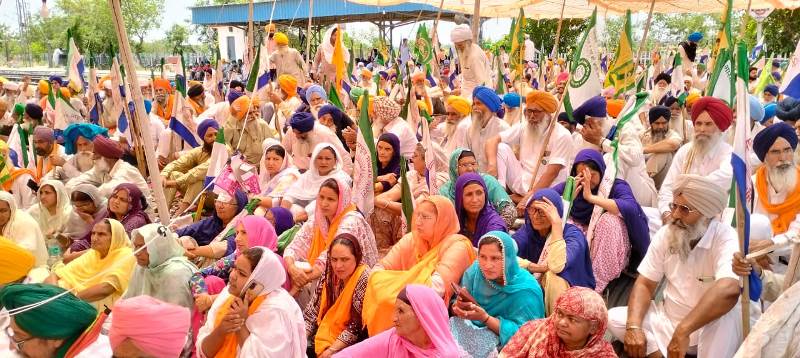
Q: How has this prolonged protest impacted the livelihoods and families of the farmers involved?
There is no point in sugar-coating the truth. The reality is that both organizationally and personally, it is a huge challenge to fight such a ruthless and authoritarian regime. Contrary to government propaganda labeling us “Khalistani,” “Naxalite,” or “foreign-funded,” every single protester is fighting on their own or with the support of their community. The physical and mental toll is immense—not just on the protesters but also on their families and supporters, as the government has been oppressing them too.
Living on the roads under such harsh conditions has severely affected many farmers’ health, and some have suffered physical breakdowns.
Though different unions send their members in rotation to the protest sites, it still creates difficulties for families back home. However, whether in the previous movement or this one, not a single farmer has abandoned their crops. Despite being at the protest sites, planting and harvesting have continued, thanks to the support of neighbors and fellow villagers. But farmers and labourers have been unable to spend time with their families.
Q: Looking back, do you consider this struggle successful? How do you measure its success?
The same leader who has never reversed any of his decisions, who did not acknowledge his mistakes even when demonetization and COVID mishandling led to thousands of deaths, who has clamped down on even major business houses to benefit a few cronies—that very leader was forced to bow before the farmers. This alone gives us the confidence that if we remain united, no force can defeat us. That is our victory.
Right now, the government is trying to reintroduce the same three black laws (or even worse policies) in a different form. But this ongoing movement is a roadblock to those attempts. That is our victory.
Even though the movement continues, one fact remains clear—whenever farmers have united, governments have had to retreat. This struggle is not just about laws or policies; it is about preserving the very existence of India’s farmers and rural communities. And as long as that fight continues, victory is inevitable.
